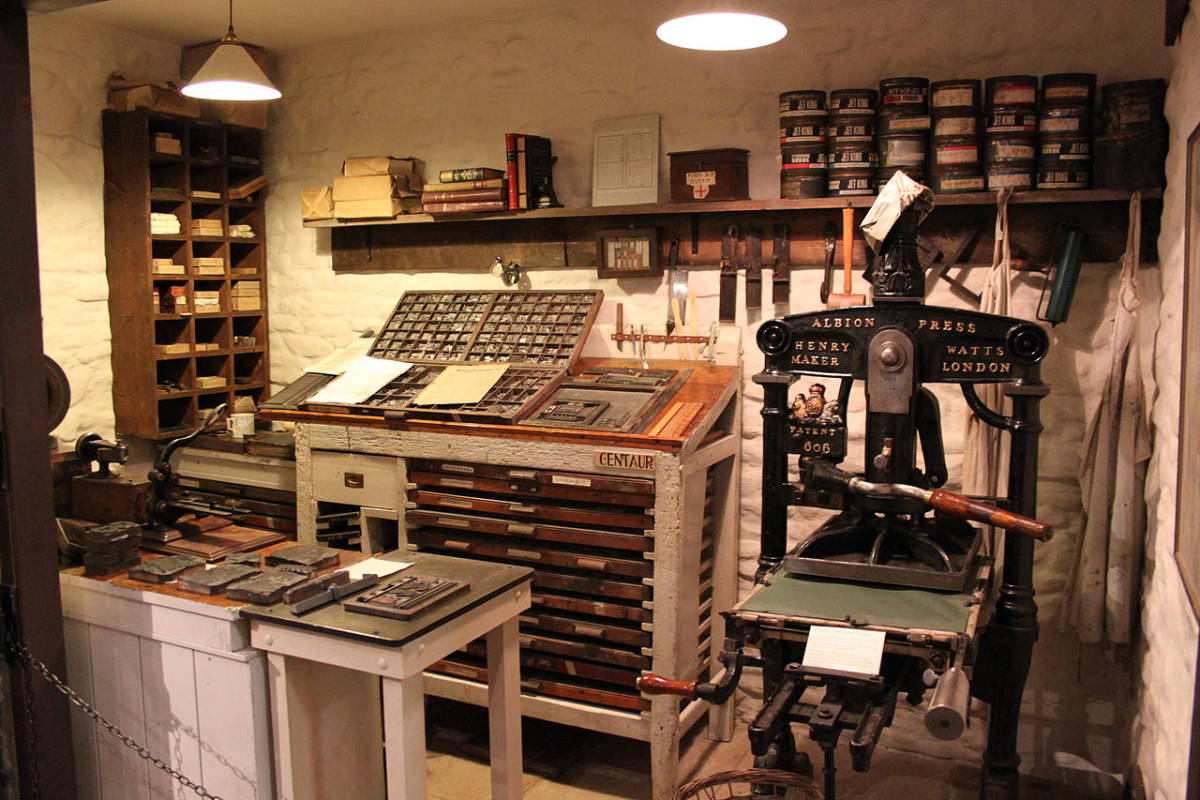
As a publisher and an author, I’ve been on both sides of the publishing industry. In my twenty-plus years of writing columns and books and producing DVDs, E-books, audio books, and more, I’ve found that the goal of most all authors is to have their books published. The problem is that most first-time authors don’t know their publishing options.
This month, I’d like to give an overview of publishing options that authors have and the pros and cons of each.
Traditional publishing
While there are many different types of traditional publishers, the common ground of each is that they agree to print and publish and distribute an authors work for a contracted royalty. Authors typically submit a “quarry letter” along with an overview of the work, usually a couple of chapters of the manuscript, an introduction of the author’s background and qualifications, and almost always a description of the “author’s platform” (a summation of all the marketing and promoting means an author brings to the table: websites, blogs, social media, speaking engagements, etc.).
The problem is that most authors are rejected by publishers. Considering that eight of nine published books don’t make money, the odds that any new author’s submission is capable of being the one of nine that does make money are very slim.
Print on demand
A growing industry, print on demand offers little to no up-front cost to set up a book, only printing titles as they are purchased. Obviously, the cost of printing one book at a time compared to large print runs is significantly high. Profitability of PODs is far less than other options.
Hybrid publishing
This one is tricky. Among the many authors I’ve consulted with, those who went with hybrid publishers were usually heartbroken. The hybrid publisher usually charges a significant fee to print an author’s book and distribute it within the industry. Royalties are usually much higher than traditional publishing, yet the sizable “investment” by the author usually cancels any potential profit, even if the book sells.
Self publishing
This is simply where an author who believes in his or her own work invests completely in it and therefore profits the most if the book sells. Today, with the internet, Amazon, and digital sales (such as Kindle and Nook), authors don’t need to depend only on brick and mortar book stores to sell a title.
Next month, I’ll talk about ways in which an author can maximize the profitability of his or her book.



